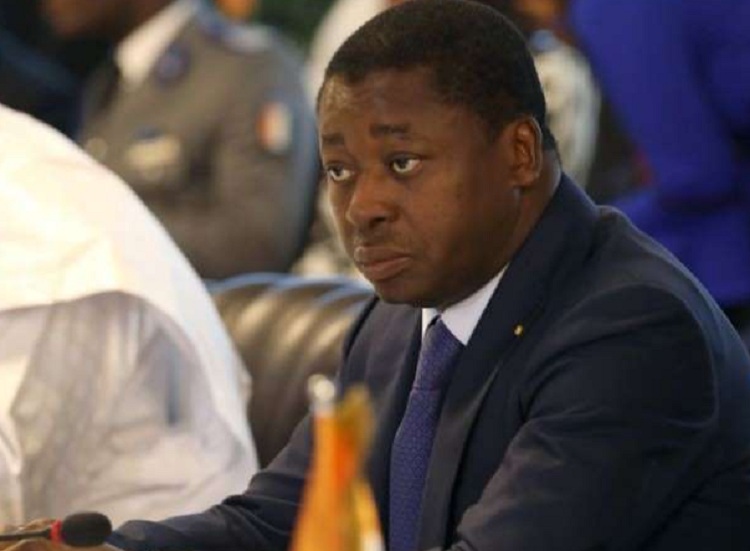Togo votes on Saturday in a presidential election expected to extend incumbent Faure Gnassingbe’s 15-year hold on power in the small West African country – and his family’s more than half-century dynasty.
Many people in the country of around 8 million say they are fed up with the heavy-handed rule and persistent poverty that have characterized the tenures of Gnassingbe and his father Eyadema Gnassingbe, who seized power in a 1967 coup.
But the family has fended off various challenges to its rule, including protests that were met with deadly crackdowns in 2005 and 2017.
Some political analysts expect Gnassingbe to win the election outright in the first round.
The election follows a constitutional revamp last year, initiated after the popular pressure two years earlier, that limits presidents to two five-year terms.
The reform was not retroactive, however, meaning the president could be in power for another decade.
The seaside capital Lome, which Gnassingbe has tried to turn into a regional transport and finance hub, was peaceful ahead of voting.
Polling stations are due to be open across the country from 0700 GMT to 1600 GMT and provisional results are expected in six days.
Gnassingbe faces six rivals from a divided and historically weak opposition, including Jean-Pierre Fabre, a former journalist and human rights campaigner. Fabre came second in elections in 2010 and 2015 and has promised to restore democracy and fuel development.
Gnassingbe’s tactical concession in allowing at least some form of term limits was reminiscent of his father. Eyadema Gnassingbe ruled the former French colony as a dictator for 25 years before agreeing in a 1992 constitution to notional multi-party democracy and a limit of two presidential terms.
However, lawmakers amended the constitution 10 years later to allow him to run again. When he died in 2005, the military installed his son as interim president, ignoring a law that said the head of the national assembly should take over.
The winning candidate on Saturday must secure a majority of the vote to avoid a run-off, which would take place next month. The opposition candidates say a centralized counting system will help Gnassingbe to cheat, a charge his government denies.
If elected, Gnassingbe has said he will continue reforms that have helped achieve annual economic growth of around 5% in recent years. Even so, over half of the population lives in poverty, according to the African Development Bank.


